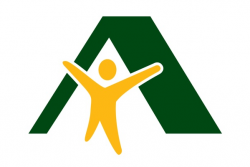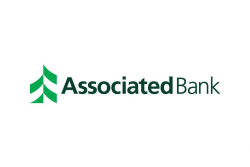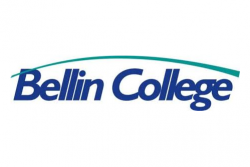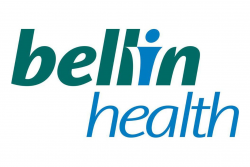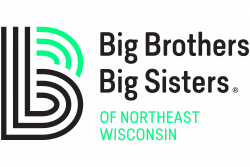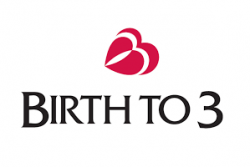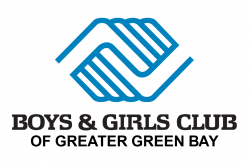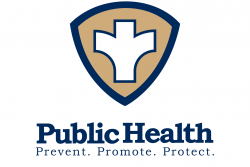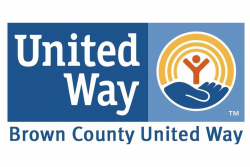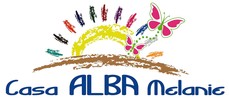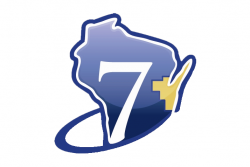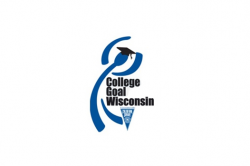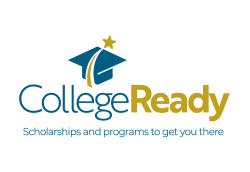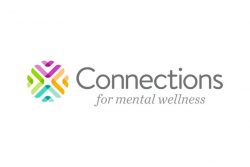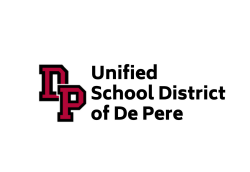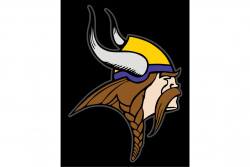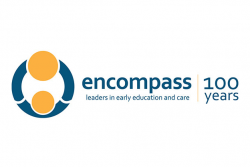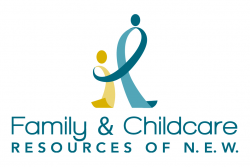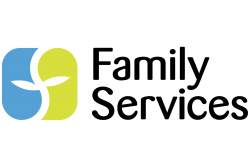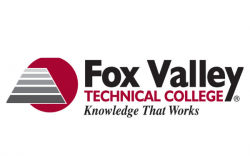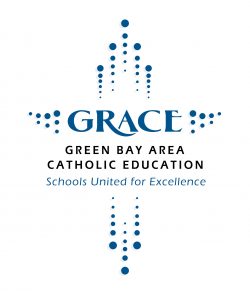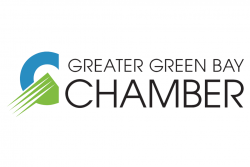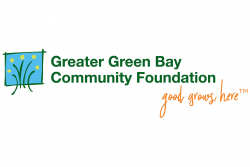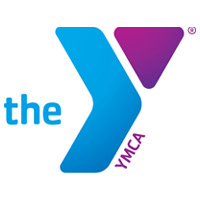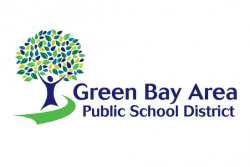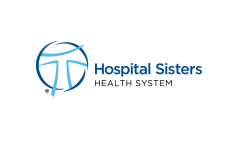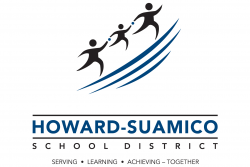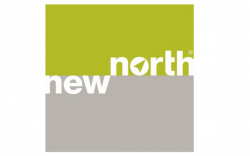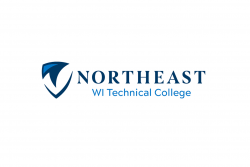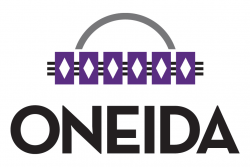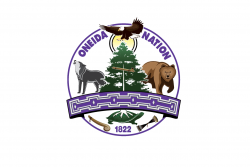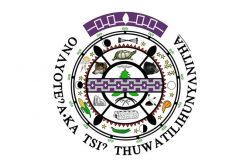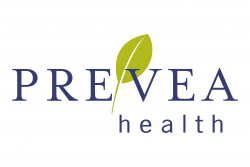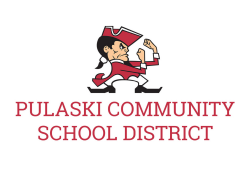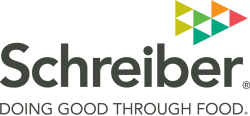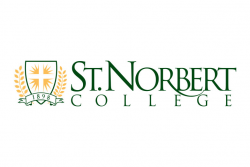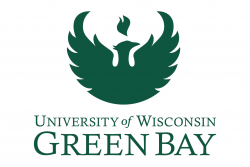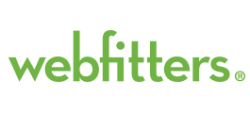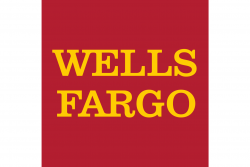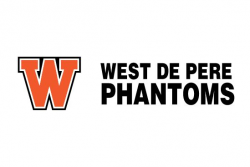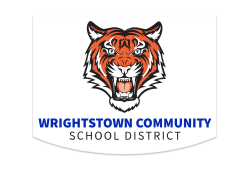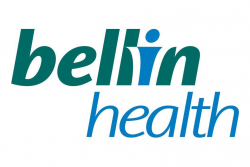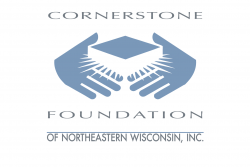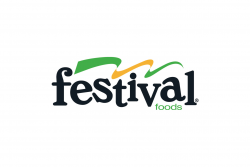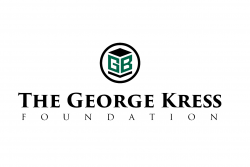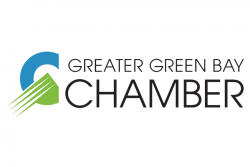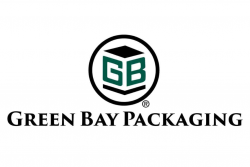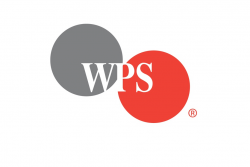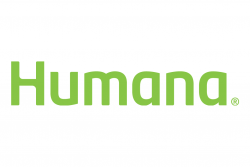How Might We… A Reflection on Working with Achieve Brown County.
My name is Eden. I facilitate strategy and innovation. I walk groups through the human-centered design process by using mindsets and frameworks to help solve wicked problems. In this blog, I am going to share my experience working with Achieve Brown County on their Reading for the Future project.
Why ABC? How did you know they were a good fit?
I first connected with the Achieve Brown County (ABC) team at the Nonprofit Impact Summit organized and sponsored by the Greater Green Bay Community Foundation. They attended my session on Human Centered Design (HCD), and we had a meaningful follow-up conversation about potential application and partnership opportunities. ABC was at a point with the Reading for the Future initiative, where community stakeholders were asking, “what are we going to do about it?”. ABC had just convened a successful and well attended “Reading For Success Summit,” where they shared data that highlighted the early reading proficiency crisis taking place in our community and gathered energy and buy-in around creating a long-term vision for addressing.
Sarah Beckman is a leader I believe in. She has a brave, new, talented team excited to make lasting impact. She was an early supporter of the framework and approach, and talked about needing to design solutions WITH those that are closest to the challenge. Ensuring that perspective was brought forward and advocated throughout the process for using systems change lens. Sarah Wylie was fantastic to work with, her ability to connect the dots and make people feel like they were heard and seen had an incredible positive impact on our work.
I think a lot of folks don’t fully understand ABC’s role, and its ongoing evolution. ABC is uniquely positioned within the social sector community. ABC is a collective impact organization that connects people, ideas and resources. These connections are ignited to create more equitable outcomes in the community.
What do you do in workshops?
Innovation, bruh. We move through the process at the speed that is appropriate for the group. We started with level setting the group on what we knew. We had a solid foundation of research and data about the challenge, and we unpacked and ingested that as a group. We then moved into an exercise where we captured and shared, “what we know” and “what we don’t know”, this helped us determine where we wanted to focus our primary research efforts.
In the HCD framework, we teach a process called empathy interviewing. We identify the humans that are at the center of our challenge, those that we don’t fully understand or appreciate, those that have lived experience that doesn’t match ours, those that are the key missing voices that will help us understand the challenge/issue more deeply. From there, we step through opportunity framing, ideation, prototyping and testing.
What makes HCD different from traditional problem-solving?
- We create these concepts, collaboratively. We work hard to create an environment where psychological safety is present. That means, that each workshop participant feels like they belong and have an important and meaningful perspective to add.
- We work hard to not jump to solutions. We typically spend the first two workshops purposefully not talking about solutions. We build empathy and then we work really hard to understand the challenge/issue/problem from various perspectives and points of view. We build concepts in low-fidelity format and gather feedback early and often. This is done on purpose and allows those giving feedback to be candid and real.
- We humbly understand that we won’t get it right the first time, and we allow time to iterate and build on our initial ideas and concepts. It is a participatory approach to solving problems. Everyone has a voice and vested interest. It provides participants with the creative confidence to collaborate on an idea/concept.
What was unique about this project, Reading for the Future?
The energy (and buy-in and commitment) around the empathy interview portion of the project was incredible! We had a participant that is a superintendent at an area school, who invited us into her school, and we conducted interviews with several staff members and families. Most of the participants were new to the process, yet they trusted it, challenged it and made it their own. The willingness of the participants to roll up their sleeves, try a new approach, embody the mindsets of radical collaboration, bias toward action, and diversity of thought/perspective.
After the initial testing workshop, ABC did a tremendous job of developing a roadmap for the next steps. This often proves to be a challenging time for project stakeholders and participants. The workshops are completed. We have a ton of energy around our opportunities and prototypes. So, what happens next? ABC built and created their plan, to include a series of community learning sessions where we shared our progress, unveiled the prototypes, and rolled out our process for next steps (prioritizing prototypes, building collective will, and creating action teams for 2024).
Why do you believe in this approach?
The combination of empathy, collaboration, and continuous improvement is a powerful recipe for meaningful change. I have been practicing human-centered design (design thinking) for over a decade. I have seen it transform how teams work together to solve problems. I have seen it empower people who otherwise wouldn’t be invited to participate, be star participants. I have seen it give voice and power to those that don’t traditionally carry power and privilege.
Innovation is often thought of as an out of reach, magical process that only the “select few” have the skills or knowledge or creativity or privilege to participate in. HCD flips that on its ear, and then provides a process and set of tools to begin to formalize the steps and gives folks a chance to practice and create and become an innovator. The magic of innovation is around the alignment and cohesion of energy of the participants. There is a shared understanding of who we are designing for (empathy interviews), what we are solving (opportunity framing), and whose input is most meaningful for us as we build and test and rebuild and retest.
What advice would you have for the Reading for the Future team (and larger community) moving forward?
Keep moving forward. I love the process and approach that Sarah Beckman and Todd Sutton and team are formalizing. I believe strongly in Todd’s communication and facilitation skills, and who he is as a person. It’s about relationships. Continue to prioritize building and maintaining strong, trusting relationships across all project stakeholders. Now is a great time to join a team and get involved!
The empathy gathering phase is ongoing and never ending. Continue to reach out to youth, families, educators, and those that are underrepresented and underheard. These are your most important perspectives.
This is difficult work, appreciate the journey. Celebrate your accomplishments. The small things are the big things.
Eden Weller is the Founder of WELLER Workshops.
Eden spent the first fifteen years of his career building and leading an elite internal research capability as a corporate research practitioner where he grew and evolved the function from “data-gatherers” to diverse and dynamic “strategic, business partners.” He led an incredibly talented team of researchers to elevate how the voice of the customer was leveraged in new product/service development, business model generation and communication/messaging.
Eden built a human-centered design / design thinking capability whereby he led/facilitated 20+ “design sprints” working with cross-functional teams on everything from internal “employer of choice” initiatives to product/service enhancements to breakthrough innovation / blue sky opportunities.
WELLER workshops was created with one goal in mind: to share these mindsets and capabilities with those serving the humans in our community.


